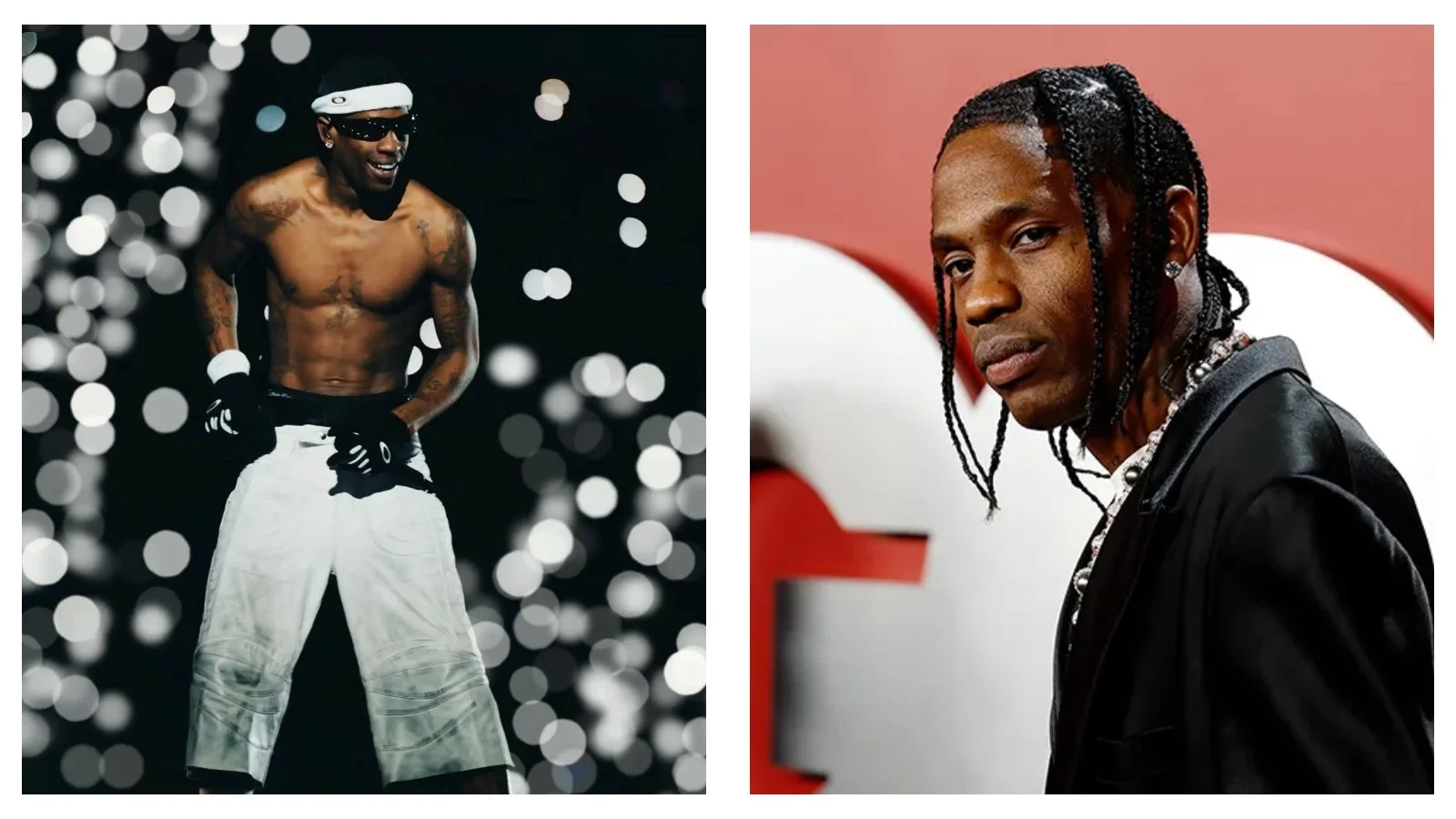MTV shutdown: What happens when music channels die?
As MTV and other music networks fade, streaming and social media are shaping how South Africans discover and experience music.
In this article, Music News Blitz’s Lindokuhle Mlombo explores...
The end of an era
The era of music television is officially ending. Following Paramount Global’s announcement that MTV Music, MTV 80s, MTV 90s, Club MTV, and MTV Live will shut down by 31 December 2025, South African fans and industry observers are asking the same question: What now?
For decades, music channels served as the cultural heartbeat of youth. They were appointed television places to discover new artists, watch premieres, and experience music collectively.
Shows like TRL, Top of the Pops, and MTV Unplugged were not just programming, but they were rituals, shaping global and local music culture.
MTV Base Africa, in particular, was a launchpad for South African artists, showcasing acts like Major League DJz, Kabza De Small, and Tyla to local and international audiences and even some of South Africa’s greatest media presenters.
READ MORE: Women who move the world: How female artists are redefining power in global music
Streaming and social media: The new gatekeepers
Platforms like YouTube, Spotify, TikTok, and Instagram Reels have largely replaced traditional music TV.
In South Africa, viral moments on TikTok and Instagram can now catapult an artist to global recognition faster than any broadcast channel could.
Tyla’s meteoric rise is a perfect example. The singer reached international charts and audiences largely through social media virality before traditional radio or television fully engaged.
This shift has created a more democratised space for emerging South African artists, but also fragmented audiences.
Unlike music channels, which offered shared experiences, algorithm-driven feeds are highly personalised, often isolating fans from collective cultural moments.
The cultural cost in South Africa
The closure of music channels carries a sentimental loss for South African audiences.
MTV Base Africa and other local channels provided shared moments: premieres, countdowns, live performances, and interviews that brought fans together across the country.
Media analyst Thabo Mokoena notes, “South African music TV was not just about videos, it was a stage for storytelling, identity, and cultural pride. That sense of collective experience is harder to recreate in a fragmented digital landscape”.
Opportunities for local artists
While traditional broadcasting disappears, South African artists are thriving digitally.
The digital shift allows them to connect with audiences directly, experiment with innovative visuals, and collaborate globally.
Emerging genres like Amapiano and Gqom have especially benefited from social media-driven promotion, with tracks spreading virally across borders without the need for traditional television exposure.
ALSO ON MNB: How celebrity casting is reshaping modern theatre: Trisha Paytas joins ‘Beetlejuice’
The future of music television in South Africa
The death of linear music channels does not mean the death of music video culture.
What MTV Base Africa and other networks represent curated, engaging, and visually compelling storytelling around music is migrating online.
South African audiences now consume music through streaming services, YouTube premieres, and social media platforms that combine video, live interaction, and community.
In this sense, music television in South Africa is evolving rather than ending.
The future may involve hybrid platforms that blend streaming, social media, and localised content, ensuring artists still reach fans while adapting to global trends.
A nostalgic goodbye
As the final broadcasts approach, nostalgia is inevitable.
From countdowns to iconic VJs and live sessions, MTV and local music channels shaped a generation of South African music fans.
But the story is not over. It has transformed. Music is now omnipresent, on-demand, and global, offering unprecedented opportunities while challenging traditional ideas of collective viewing.
The question remains: How will South Africans experience music together in this new era?
YOU MAY ALSO LIKE: Travis Scott brings Utopia to South Africa: A night of chaos, energy, and unforgettable sound
Quick facts: MTV Base Africa and the shift in South African music
Launch & Legacy
MTV Base Africa launched in 2005, quickly becoming the go-to channel for South African and African hip-hop, R&B, and pop.
It helped launch the careers of artists like Cassper Nyovest, Major League DJz, Kabza De Small, and Tyla.
Key shows & moments
MTV Base Africa’s Official South African Chart - weekly countdowns of the country’s most popular tracks.
MTV Base Unplugged Africa - live acoustic sessions highlighting African talent.
Exclusive interviews and behind-the-scenes coverage of African music festivals.
Viewership trends
Linear music channel viewership dropped by over 50% in the past five years, as audiences migrated to YouTube, TikTok, and streaming services.
Social media impact
Artists like Tyla and Uncle Waffles leveraged TikTok virality and Instagram Reels to reach millions globally without relying on TV broadcasts.
Cultural significance
MTV Base Africa was not just about music. But it was a stage for cultural expression, fashion trends, youth voices, and local identity in the global music scene.
Future of music consumption
South African audiences now rely on:
YouTube & YouTube Shorts for music videos.
TikTok & Instagram for trends, challenges, and viral content.
Spotify, Apple Music and Deezer for on-demand audio streaming.
READ NEXT: MTV Music bows out: The end of an era for music television





